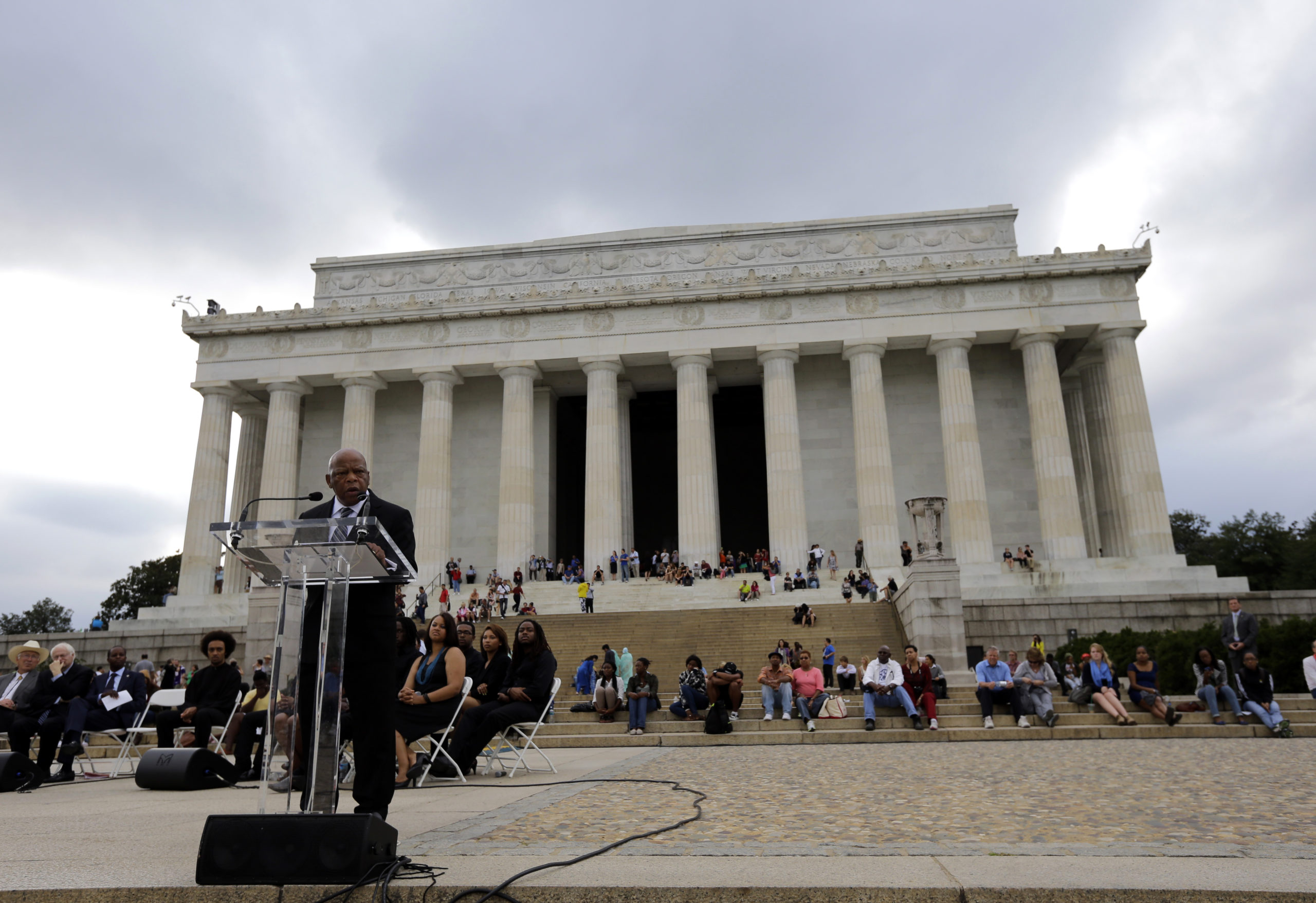This is Clay Cane

On Jan. 1, President Joe Biden celebrated the 160th anniversary of President Abraham Lincoln’s Emancipation Proclamation. Biden said in a statement, “On New Year’s Day, 160 years ago today, President Abraham Lincoln changed America’s destiny forever. We were at the height of a raging Civil War, ‘a house divided’ along the dangerous fault line of slavery. “Lincoln’s Emancipation Proclamation did not end slavery. The document only applied to states that were in rebellion, and over which President Lincoln had no control. The Emancipation Proclamation was a war document that did allow Black people to fight in the civil war if they escaped the south to enlist in the Union Army. Slavery was officially abolished in December 1865 with the 13th amendment.
Follow me on social media @claycane, this is Clay Cane for AURN News.




